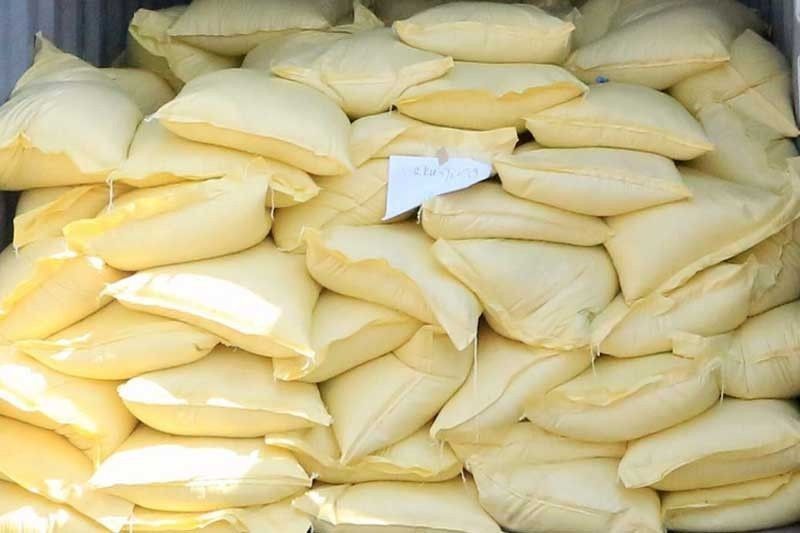Rice Tariffication Law to boost GDP — NEDA

MANILA, Philippines — The National Economic and Development Authority (NEDA) urged the public yesterday to give the Rice Tariffication Law a chance to take effect in the structural transformation of the economy and contribute to the growth of the agriculture sector.
In a webinar yesterday on the effect of the law, Acting Socioeconomic Planning Secretary Karl Chua said early gains from its implementation showed that the full benefits in terms of poverty reduction, food security attainment and agriculture sector growth would be gradually realized as the rice market “adjusts and completes its transition.”
Citing a 2019 study conducted with the International Food Policy Research Institute (IFPRI), NEDA said the law could boost economic growth by at least 0.13 percentage point in 2025 by accelerating growth in the agriculture sector.
An assessment made this year also showed that lower rice prices that have so far resulted after the implementation of the law can reduce poverty incidence by 1.2 percentage points as households in the poorest quintiles are net buyers of rice.
The level of malnutrition among children and risk of hunger among the general population can also be decreased by 2.8 percent and 15.4 percent, respectively, by 2025 because of access to more affordable rice.
“This is equivalent to about 2.1 million less people at risk of hunger and malnutrition,” said Chua.
He also noted that lower rice prices have tempered the rise in hunger and malnutrition during the lockdown.
The law replaces the quantitative restriction on rice with a uniform 35 percent tariff on imports. Since its enforcement last year, farmers have complained of falling farmgate prices as competition increased. As a result, there have been calls to repeal the law.
“While we recognize shocks from the initial implementation, as any market experiences before gradually adjusting – we believe that this should not be taken as an indicator of the eventual impact of the law,” said Chua.
In changing the rice trade regime, the government aims to significantly drive down the price of the staple and keep inflation under control.
At the same time, increased competition is meant to push farmers to diversify into the cultivation of high value crops and venture into other forms of agricultural services using new technology.
Tariff revenues to be placed in a special fund will be used to provide support for farm mechanization and other productivity enhancement activities.
“So as we wait to realize these long-term gains, we encourage everyone in the rice sector to cooperate and give information to our implementing and law enforcement agencies regarding uncompetitive trade practices of private traders,” said Chua.
“We all need to work together on this issue. Like any investment, let’s give the law some time. Let us work together in overcoming the challenges of the rice industry.”
- Latest
- Trending





























